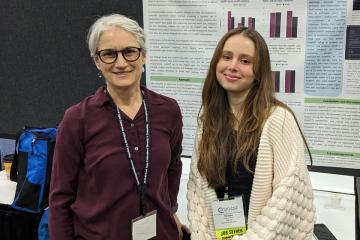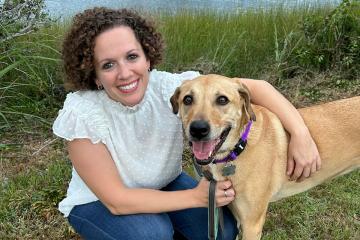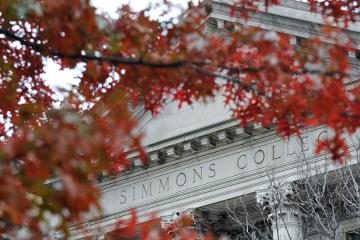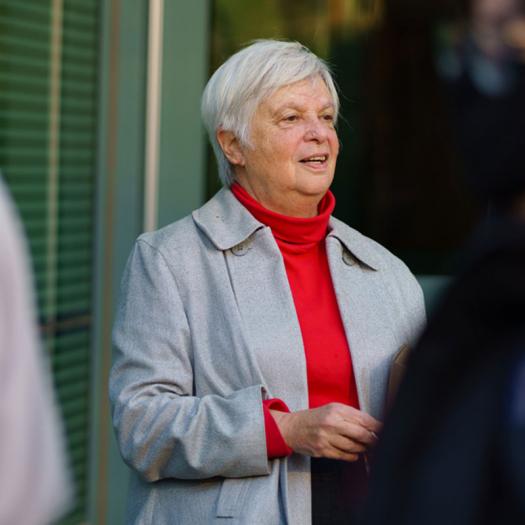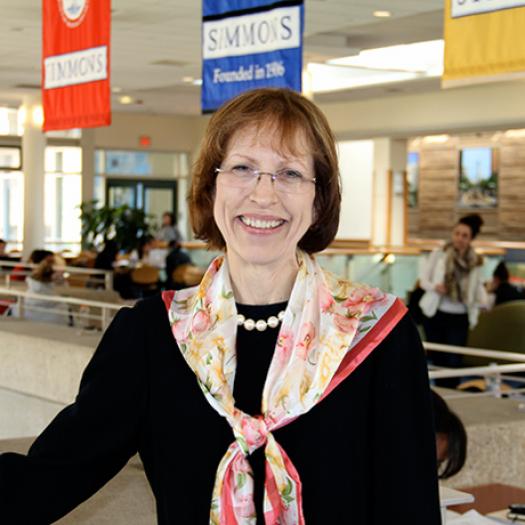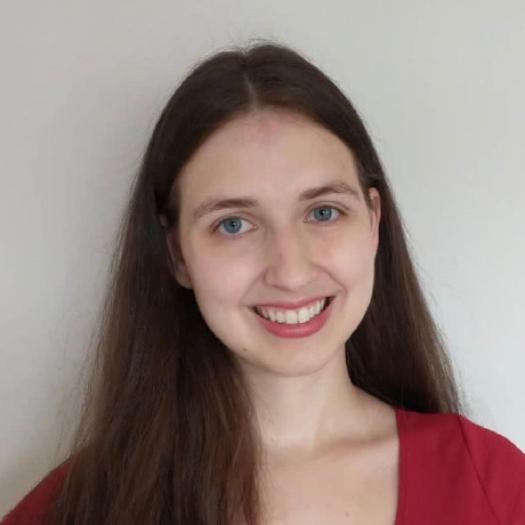Mathematics
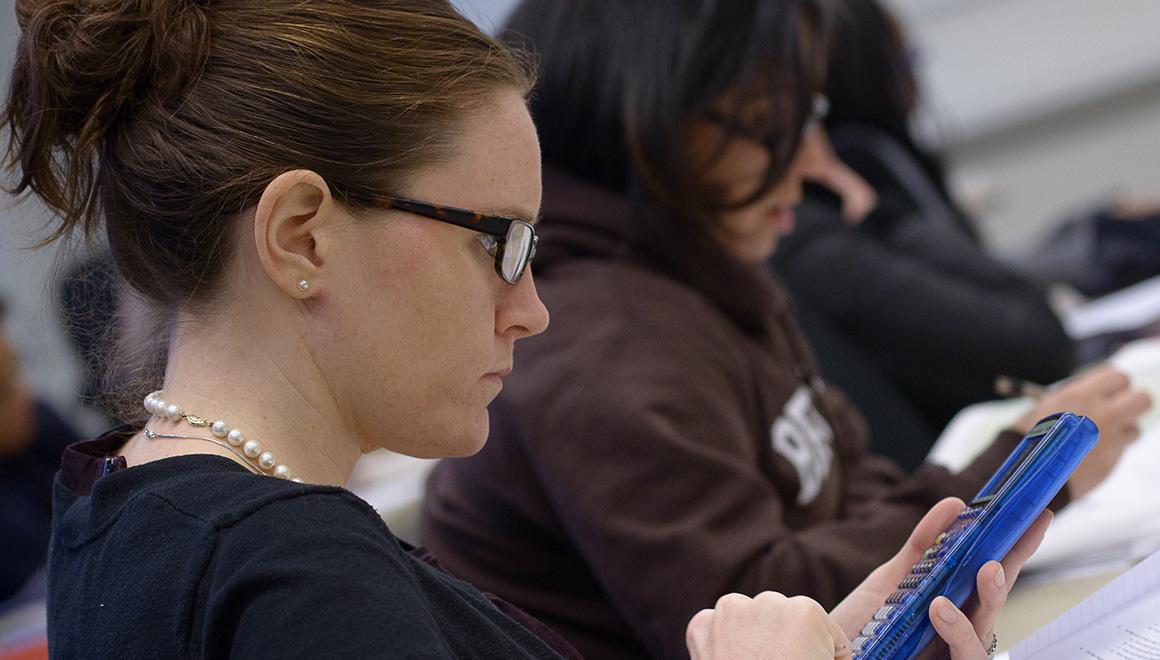
Do you like a challenge?
Elevate your problem-solving skills and prepare for exciting career opportunities with a Mathematics minor at Simmons University. You’ll gain the quantitative, analytical, and critical-thinking skills employers and graduate schools look for, while learning how to apply mathematics to real-world challenges.
You can combine a mathematics minor with majors in Data Science and Analytics, Economics, Management, Computer Science, or the sciences. Many students interested in public health use this pathway to build careers designing clinical trials for new medications and treatment.
At Simmons, faculty utilize innovative teaching methods, including cooperative learning groups, computer lab investigations, writing-to-learn approaches, flipped classrooms, and traditional instruction. This hands-on approach gives you the confidence to analyze data, solve complex problems, and communicate solutions effectively.
With a mathematics minor, you’ll be prepared for graduate study or careers in high-demand fields like data science, statistics, scientific programming, public health, and teaching.

